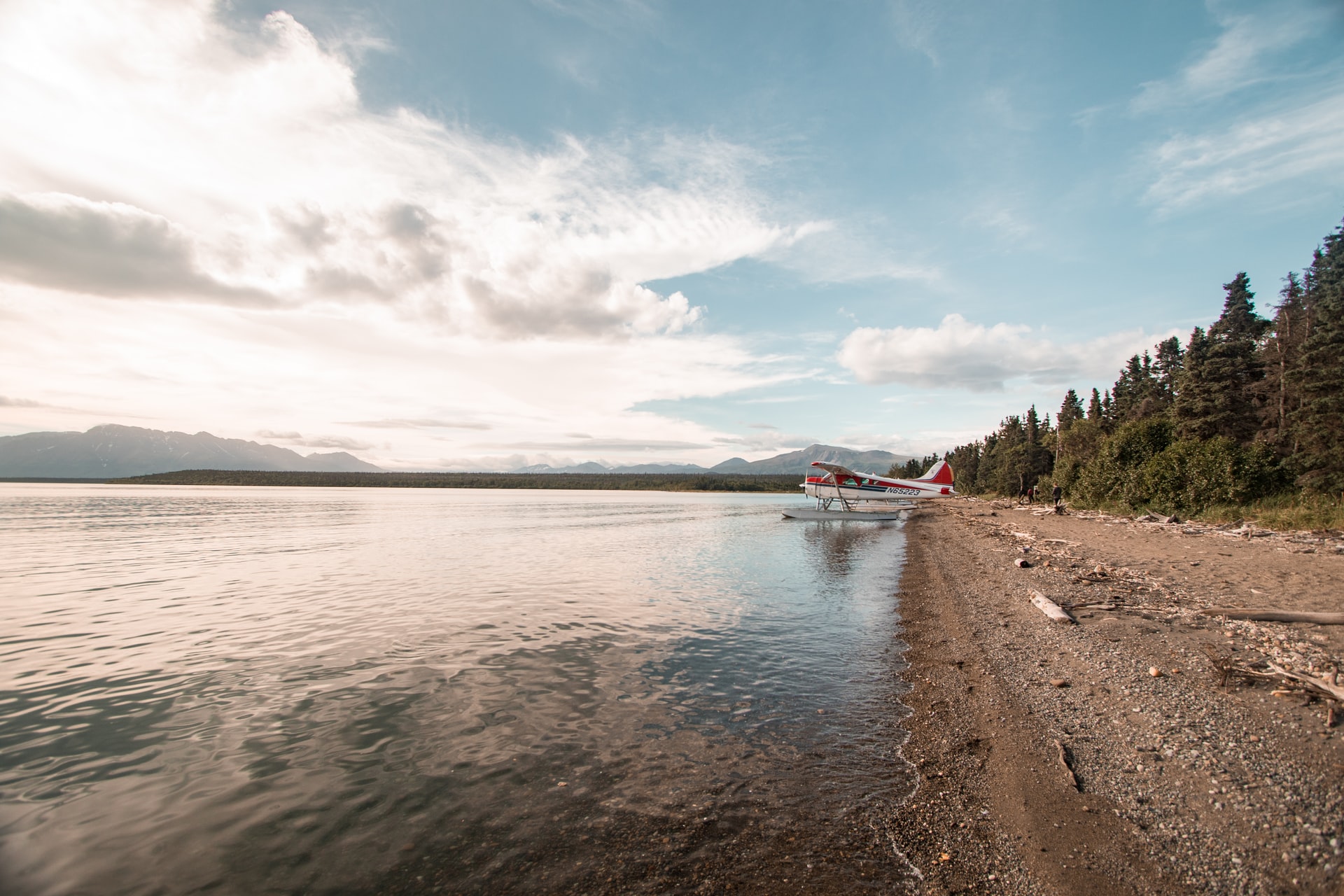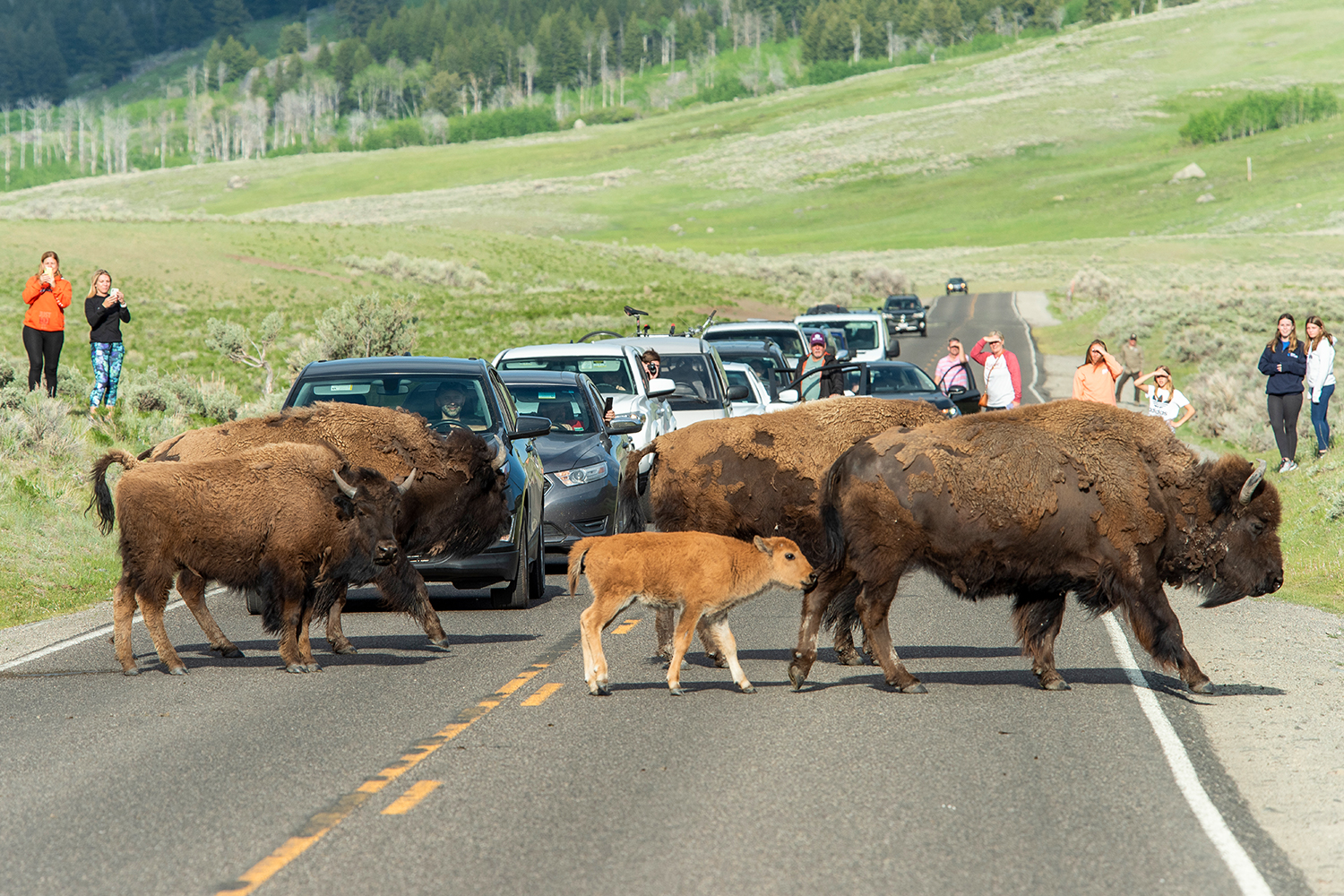In this country, if you get lost in the woods, a search and rescue team is going to do its best to find you. There are no guarantees — detailed Reddit threads riff on the absurd size of the American wilderness, and how tough it can be at times for SAR volunteers to track down wayward hikers — but when you’re low on daylight and water, it’s your best bet.
This service traditionally doesn’t come at any charge to the lost party. The New York State’s Department of Environmental Conservation summed the concept up years ago: “It is a long-held view that search and rescues are an essential lifesaving service the state and DEC provides, and New York State does not bill individuals for the service … DEC believes that if the state billed or fined hikers for rescues, people would be more reluctant to call for help, thus creating more potentially dangerous situations.”
Over the last 20 months, though, as people have poured into state and national parks in response to cooped-up quarantines, search and rescue rangers have been tasked like never before. Even before the advent of the pandemic, in January 2020, Outside Online published a story titled “America’s Search and Rescue Is in a State of Emergency.” The story detailed how SAR is an imperfect “patchwork” system that relies on aging volunteers (many of whom are retired from a different rescue profession) to locate inexperienced hikers (many of whom are emboldened by Instagram to go off-trail in search of “the perfect shot”).
Consider that in the mid-2010s the Forest Service was already reporting five million more annual visitors than a decade before. The pandemic has supercharged the popularity of the outdoors — in one example, the number of hikes logged in 2020 was up 171% compared to 2019 on the app AllTrails. And while most states are trying to tolerate the naïveté of new trekkers (along with their ill-equipped packs and inability to read maps), some have started to charge for whatever financial burdens a search and rescue mission incurs.
In New Hampshire this past summer, as The New York Times recounts, a family of four was stranded in the hills of Mount Lafayette just before midnight. They’d underestimated the difficulty of the hike, hadn’t brought flashlights, and had no water remaining. They were rescued within the hour, but the New Hampshire Fish and Game Department plans to bill the family for their efforts — to the the tune of $5,000.
Other states have instituted similar policies. Hawaii, Idaho, Maine, Oregon and Vermont are all starting to seek reimbursement for SAR escapades, especially in situations where hikers have “strayed from hiking trails or intentionally disregarded a warning or notice, then had to be rescued.” The measure isn’t meant to be mirthless, but proactive. If you know the costs of putting yourself in danger (you’d think losing your life, or putting your family in danger would be enough), perhaps you’ll prepare for your hike accordingly, and avoid taking unnecessary risks.
Still, some rangers have criticized the development, or pursued other ways to handle the swell of outdoor visitors. In Colorado, where rescue teams have seen an increase in call volume of 200-300%, the state has tried bolstering its efforts, providing more benefits to the search teams. The worry, as the New York State DEC outlined years ago, is that when trouble does strike — and it can, at any moment, even for the most experienced hiker — people might feel discouraged to call for help, fearful of how much they’ll have to pay.
The important thing to remember is that these measures will largely be enacted in situations of extreme negligence. If you’re staying on the trails, traveling in pairs or groups, carrying the right equipment, departing at a sane hour of the day (morning is best, to guarantee yourself daylight and mitigate midday heat), and acknowledging the level of trail you can handle (AllTrails is an invaluable source for this), chances are you won’t need a rescue. And if you do, following some freak flash flood, it’s likely the rangers will be understanding. Common sense is your best defense here, in terms of saving your life and your wallet.
For more travel news, tips and inspo, sign up for InsideHook's weekly travel newsletter, The Journey.

















